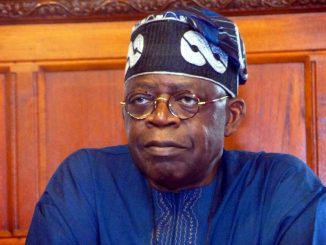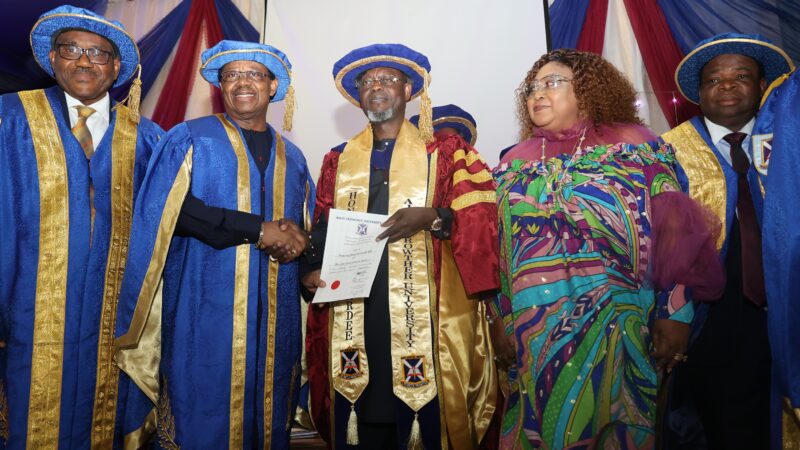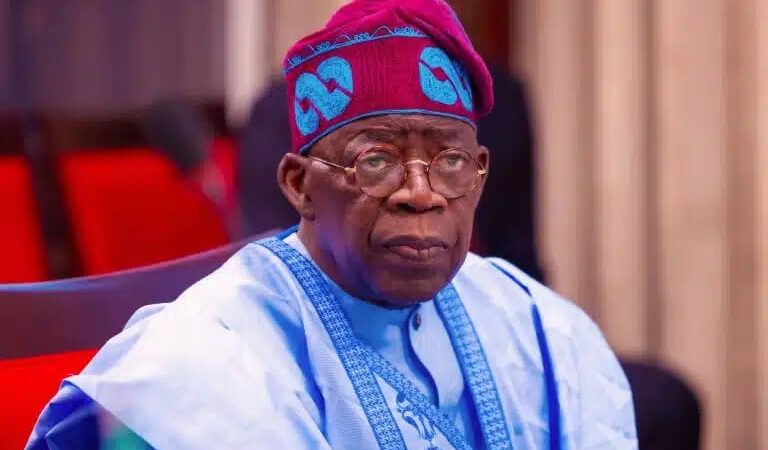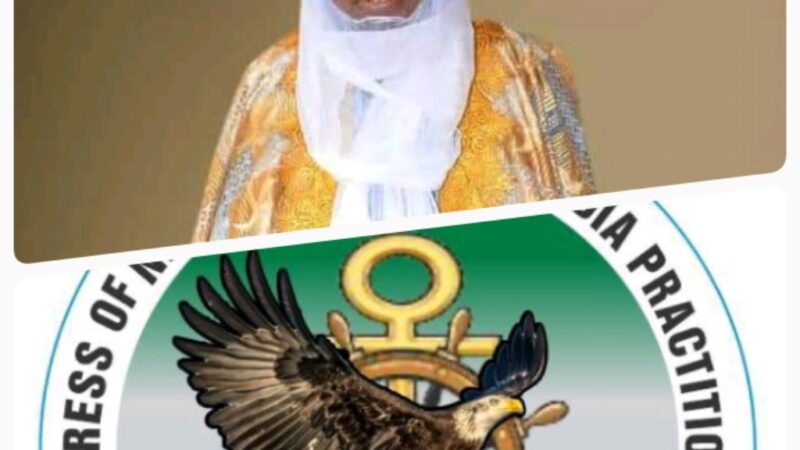Nigeria Could Save $5.1bn In 2023 From Reforms, Says World Bank

Nigeria Could Save $5.1bn In 2023 From Reforms, Says World Bank
Agency Report
Nigeria could save up to 3.9 trillion naira ($5.10 billion) this year alone after reforms to its foreign exchange market and the removal of a petrol subsidy, the World Bank said on Tuesday, but warned of growing inflationary pressures in the short term.
Nigerian President Bola Tinubu is embarking on the country’s biggest reforms in decades, including scrapping the popular but expensive petrol subsidy and unifying the country’s multiple exchange rates.
World Bank lead economist for Nigeria Alex Sienaert said during a presentation in the capital Abuja that savings from the reforms did not amount to a fiscal windfall.
“They stop Nigeria from going over what you might call the fiscal cliff. They really set the stage for a new and an upward trajectory in terms of Nigeria’s development path,” Sienaert said.
Nigeria’s economy was expected to grow 3.3 per cent this year and 3.7 per cent next year, he said.
The World Bank and International Monetary Fund had for years called on Nigeria to remove the petrol subsidy, which cost $10 billion last year, and free its exchange rate.
To deepen foreign exchange reforms, Siernaet said Nigeria should remove restrictions on a list of 43 items, including sugar and flour, that the central bank says cannot be funded from official dollar sales.
Tinubu’s monetary policy advisor Wale Edun said the naira, which has weakened to record lows after forex restrictions ended, was expected to stabilise just below 700 to the dollar.
Inflation, which hit 22.41 per cent in May, would rise further following the reforms, Siernaet said, adding that some four million more Nigerians may have been driven into poverty in the first five months of this year due to high prices.
Labour unions are pressing Tinubu’s government to raise the monthly minimum wage more than sixfold to cushion workers against the impact of the fuel subsidy removal.
Nigeria has the second-largest population of poor people in the world and is one of the least developed countries globally, the World Bank says.






